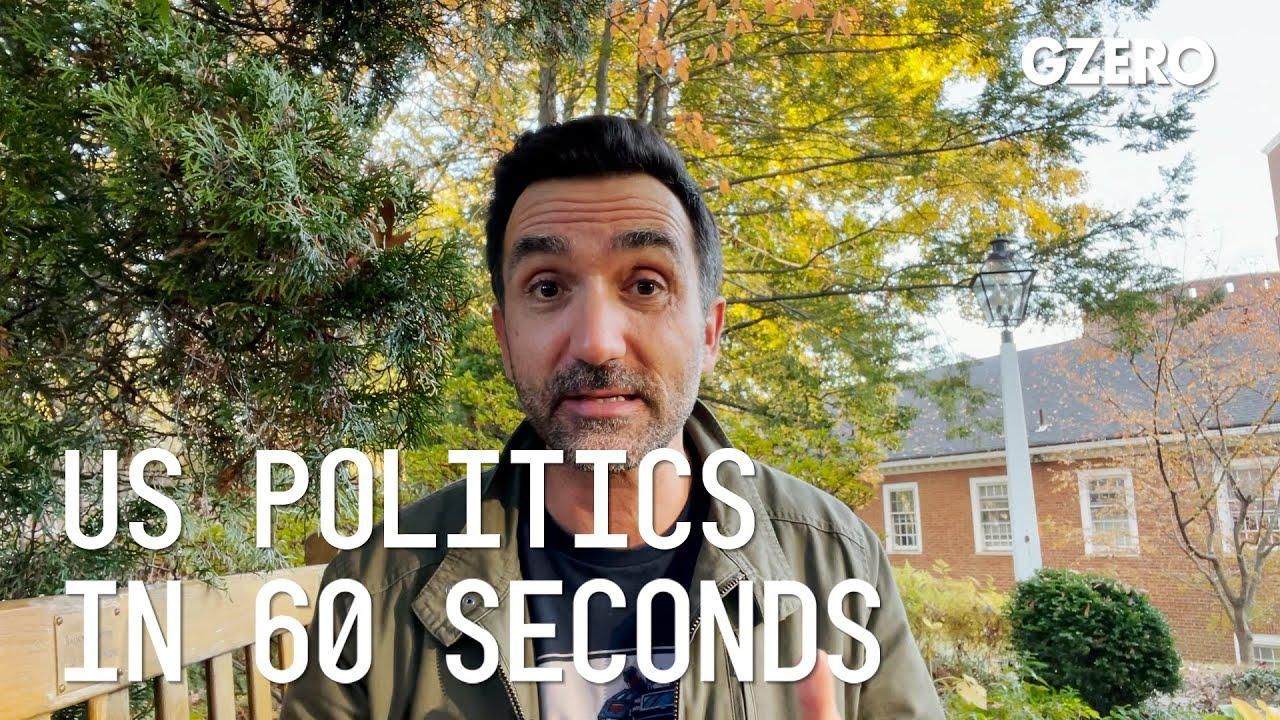
Jon Lieber, head of Eurasia Group's coverage of political and policy developments in Washington, shares insights on US politics:
What is happening with Biden's vaccine mandates?
Well, Biden put in place a mandate for employers to vaccinate or test, on a weekly basis their employees, if they have more than 100 of them. And there's been pushback from a lot of corners of society. Some smaller businesses have objected. Some governors, particularly Texas, Louisiana, have objected.
Texas said the mandate doesn't apply for large employers in its state, even though that puts the employers in a terrible situation of having to choose which level of government they should listen to. And these states have sued in federal courts. The federal courts have stayed the mandate, meaning it won't be implemented until the decision is made probably by the Supreme Court on the grounds that the Labor Department overstepped its authorities in issuing this mandate, claiming that they have the ability to protect workplace safety.
A lot of large employers have embraced the mandate. They want their employees to be vaccinated, but they don't want to worry about people quitting in mass numbers. If everyone has to get vaccinated, that's not really an issue. The evidence shows vaccine mandates generally work. People respond to them. The numbers of people who have actually quit their jobs over vaccine mandates is relatively small, although you are seeing widespread protests.
Interestingly, as coronavirus cases have dropped in the country, the vaccine mandate has probably become a little bit less important, but it is growing as a culture war issue and fostering some backlash against President Biden.
Interestingly, the Democratic Governor of Kansas herself said she's against the vaccine mandate. Kansas is a pretty conservative state, but she claims it won't achieve the President's goals, at least in Kansas, and they want to find their own way.